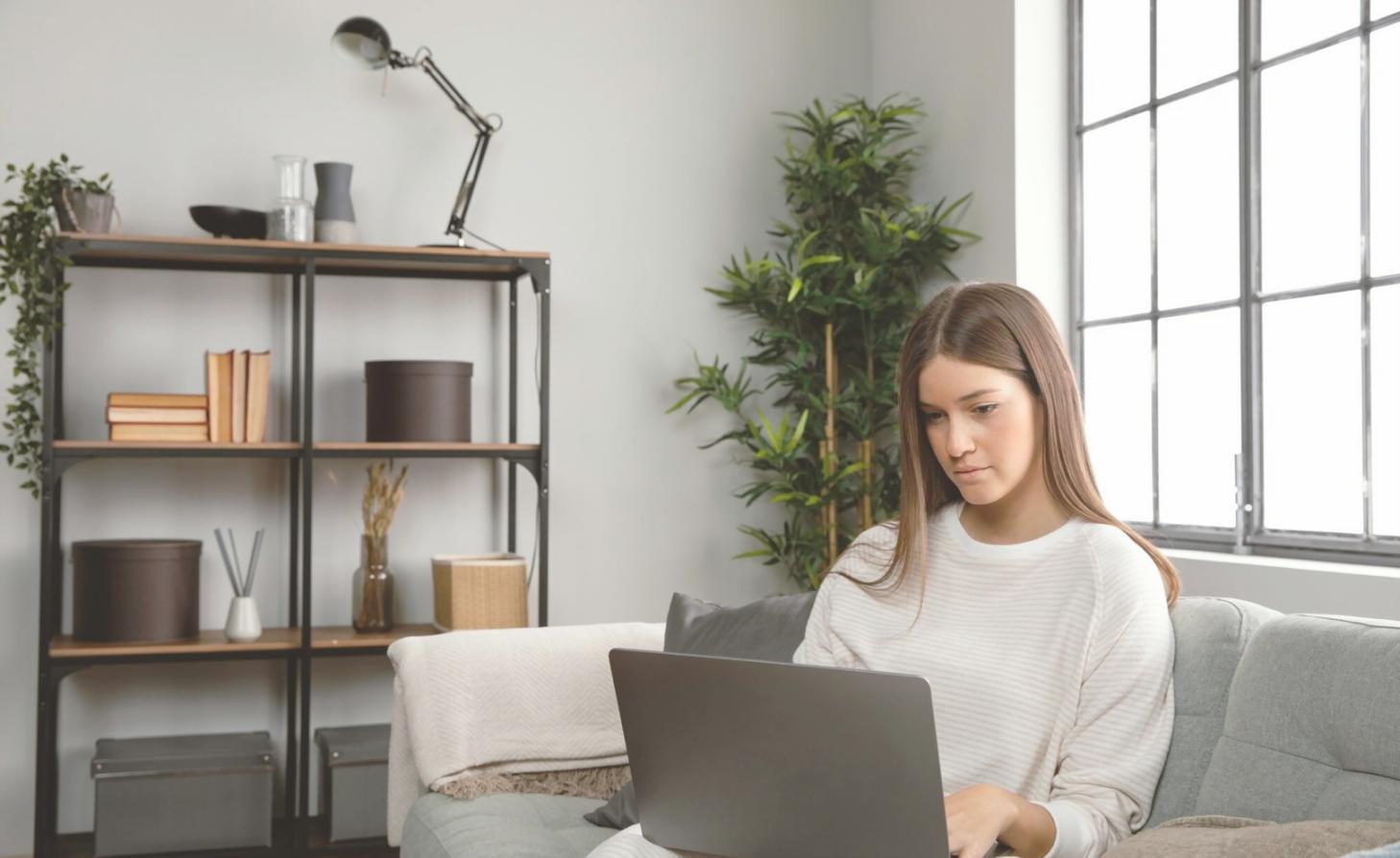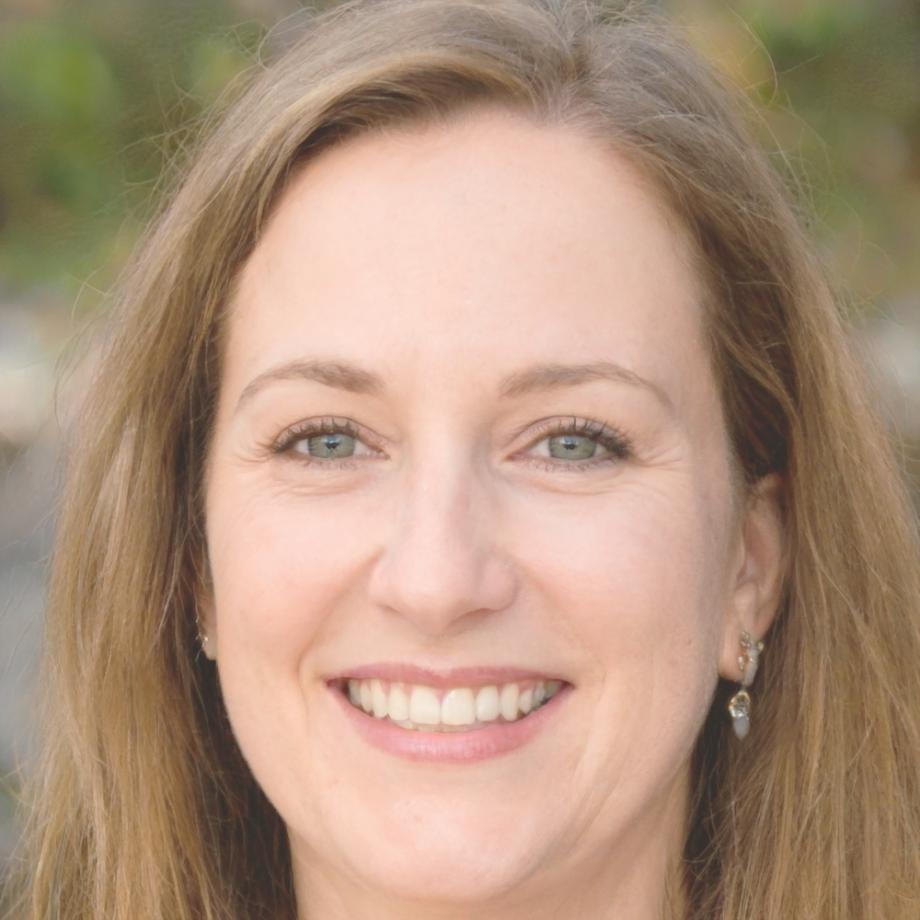Understanding Patterns
Where does your money actually go?
Track spending for two weeks and most people are shocked. That daily coffee run? It's adding up to more than your streaming subscriptions. Small expenses compound faster than you think.
Our autumn 2025 program starts with brutal honesty about your current habits. No judgment, just data. Once you see the real numbers, change becomes possible.


